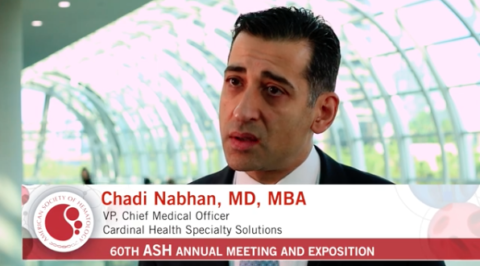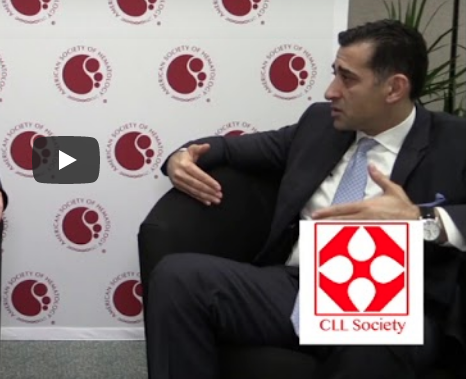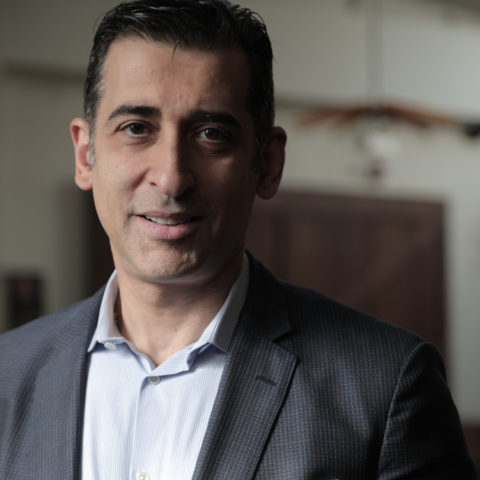
Preventing Oncologist Burnout
Burnout is a well-known phenomenon in healthcare and oncologists have increasingly suffered from burnout, which can lead to mental illnesses and early retirement. Combatting burnout is essential to assure patients continue to receive the care they deserve. During the 2018 annual American Society of Hematology (ASH) meeting, I was interviewed by OBR about research we





